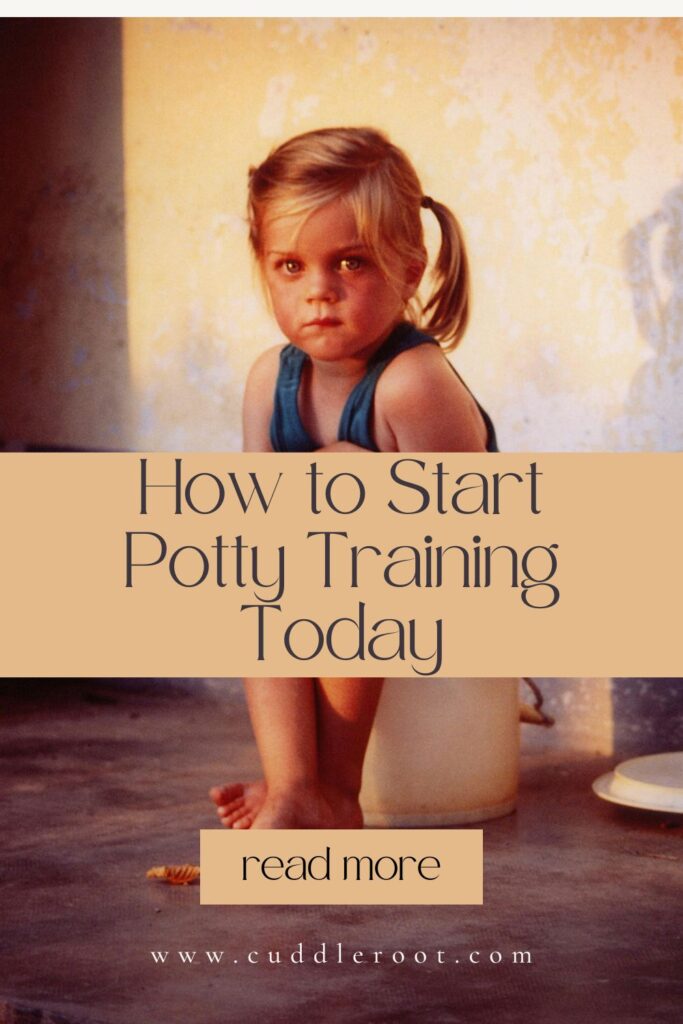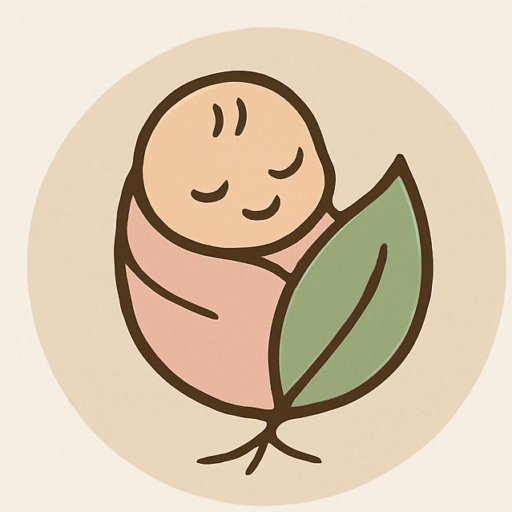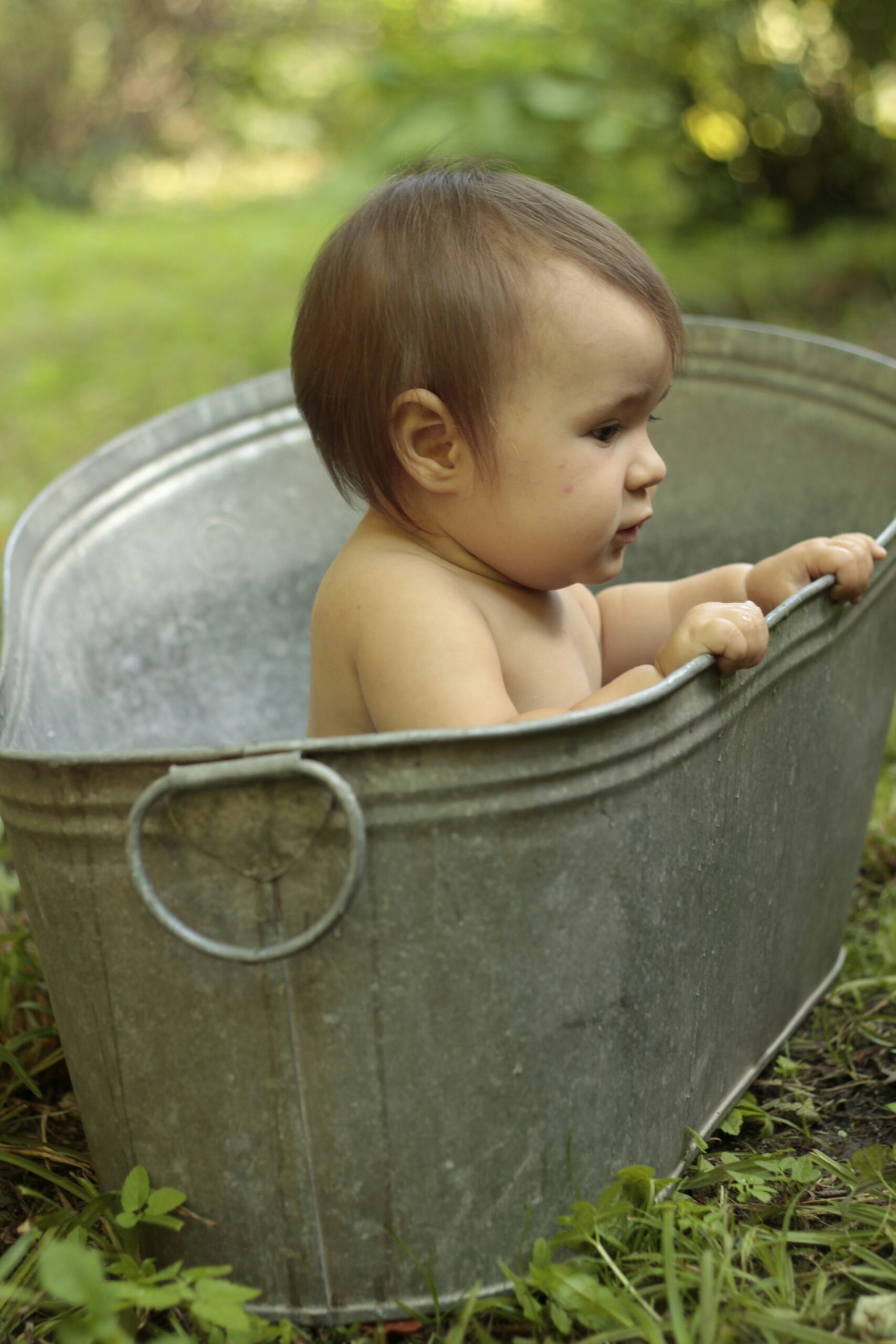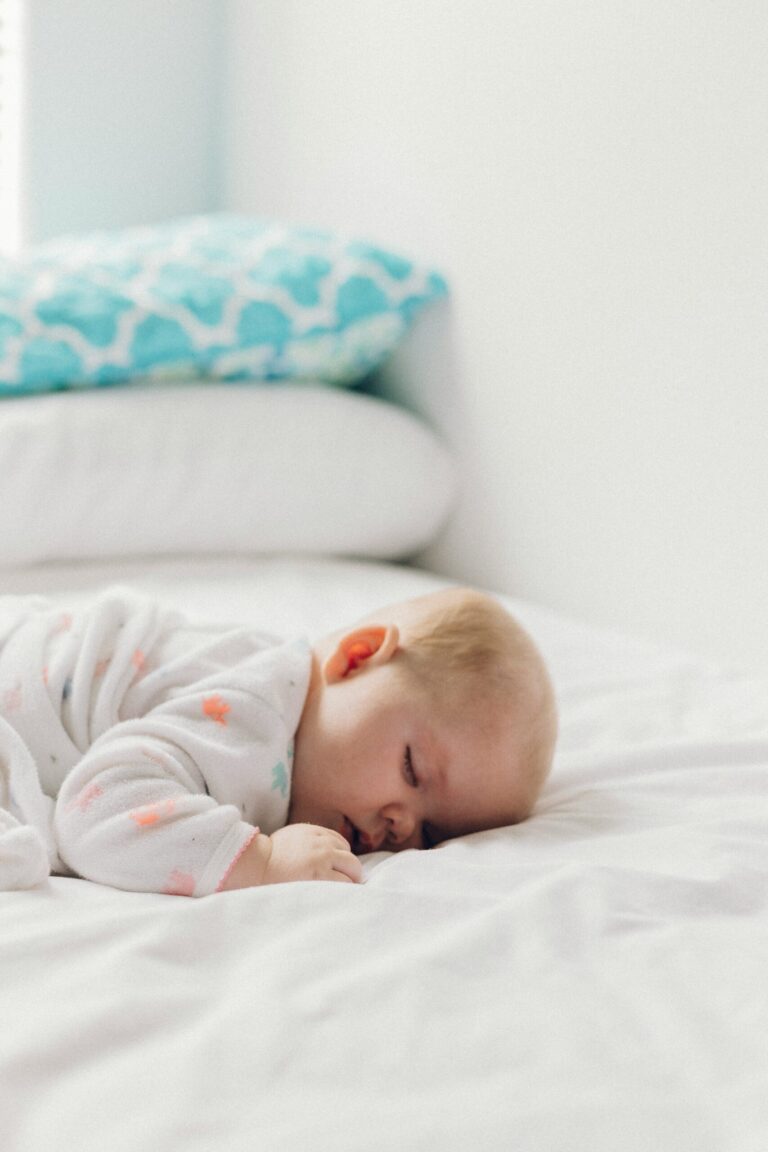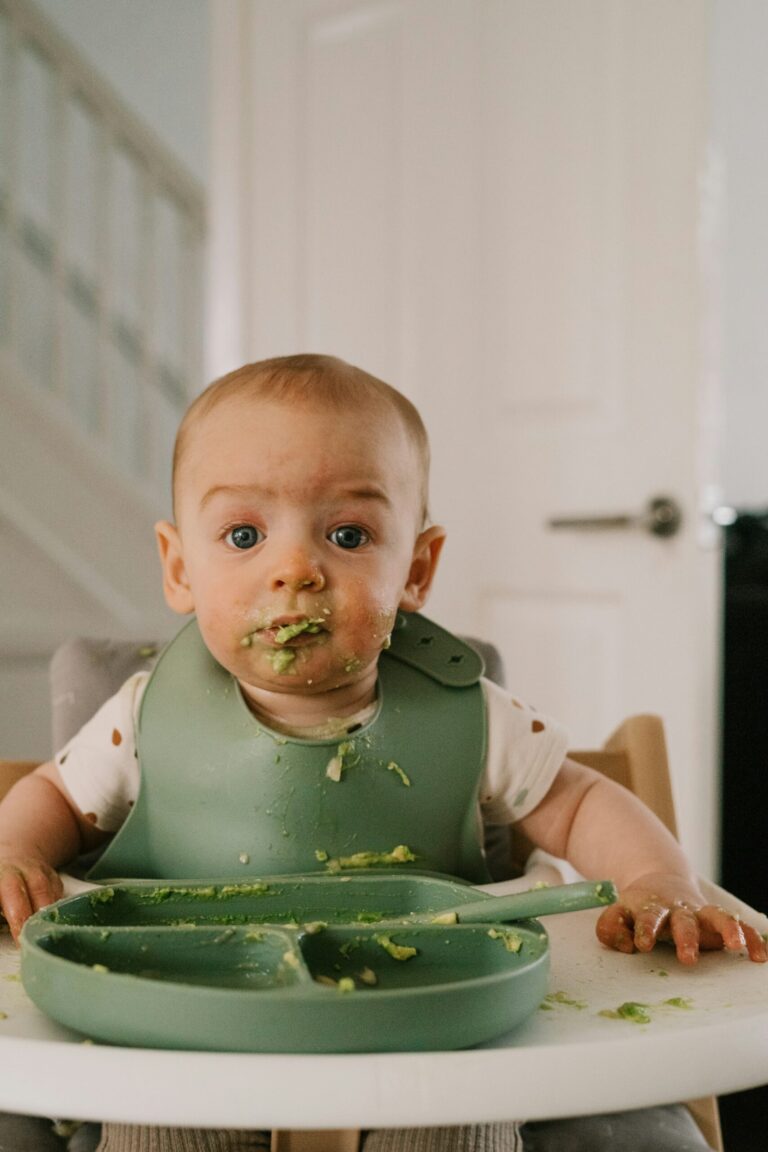How to Start Potty Training Today
Begin with confidence, patience, and your child’s natural rhythm
🌿 The Moment I Knew It Was Time
It was a quiet morning when my toddler tugged at her diaper and said, “Yucky.” It wasn’t the first time, but something about her tone and the look on her face made me pause. I realized she was ready—ready to understand, to try, and to grow. I wasn’t sure if I was ready, though.
Potty training can feel overwhelming. There are so many opinions and “rules” out there. But that day, I chose to start gently, at her pace, with love guiding the way. And to my surprise, the journey was less about control—and more about connection.
If you’re wondering how to begin potty training today, here’s a gentle, step-by-step way to start without stress or pressure.
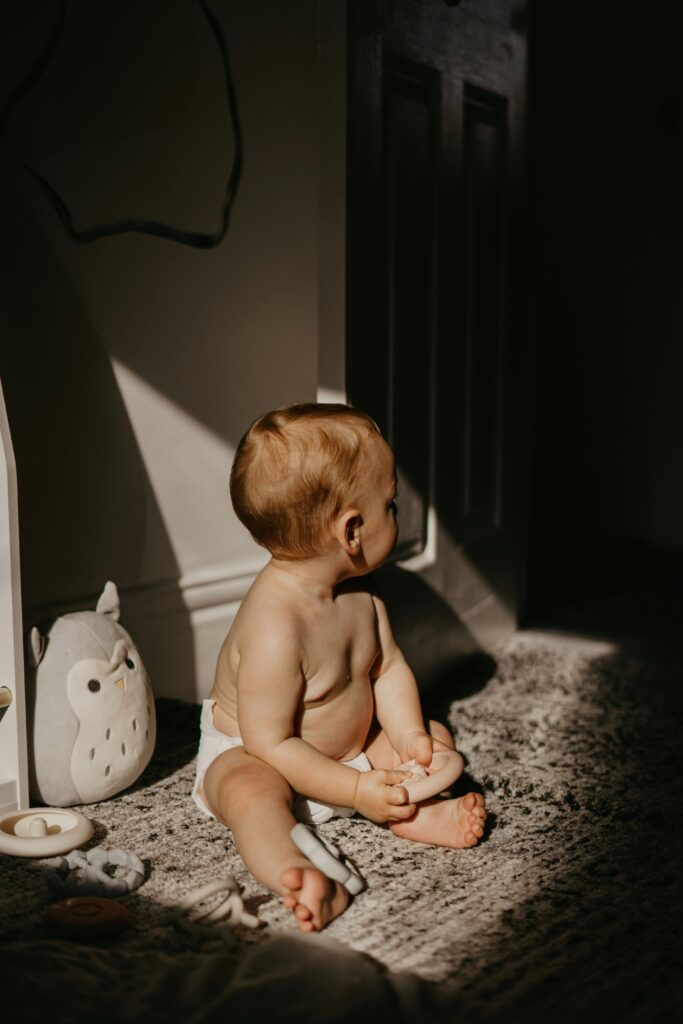
1. Look for Readiness Signs, Not Just Age
Every child is different, and readiness isn’t about turning two. Watch for signs like:
- Staying dry for 1–2 hours at a time
- Showing interest in the toilet or mimicking others
- Hiding to poop or telling you after going
- Pulling at wet diapers or asking to be changed
Responding to your child’s cues builds trust and sets the foundation for a smoother process.
2. Start the Conversation Early
Before diving in, begin talking about what the potty is and how it works. Read potty books together, watch toddler-friendly videos, or let your child observe you using the bathroom. Make it casual, not a big event.
Use gentle phrases like:
- “Your body is learning something new.”
- “Soon you’ll use the potty like a big kid.”
Keep it light and pressure-free.
3. Choose the Right Equipment
Pick a potty that fits your child’s needs. Some kids prefer:
- A small standalone potty chair they can access easily
- A toilet seat reducer with a stool for climbing up
Let them explore it without pressure. Let them sit on it fully clothed at first. Let it become part of their environment.
4. Set a Calm Routine
Rather than rushing into all-day training, start with set times:
- After meals
- After waking up
- Before bath
Use these windows as opportunities. If they go, celebrate. If they don’t, that’s fine too. You’re building comfort, not a deadline.
Consistency builds confidence, even if the progress is slow.
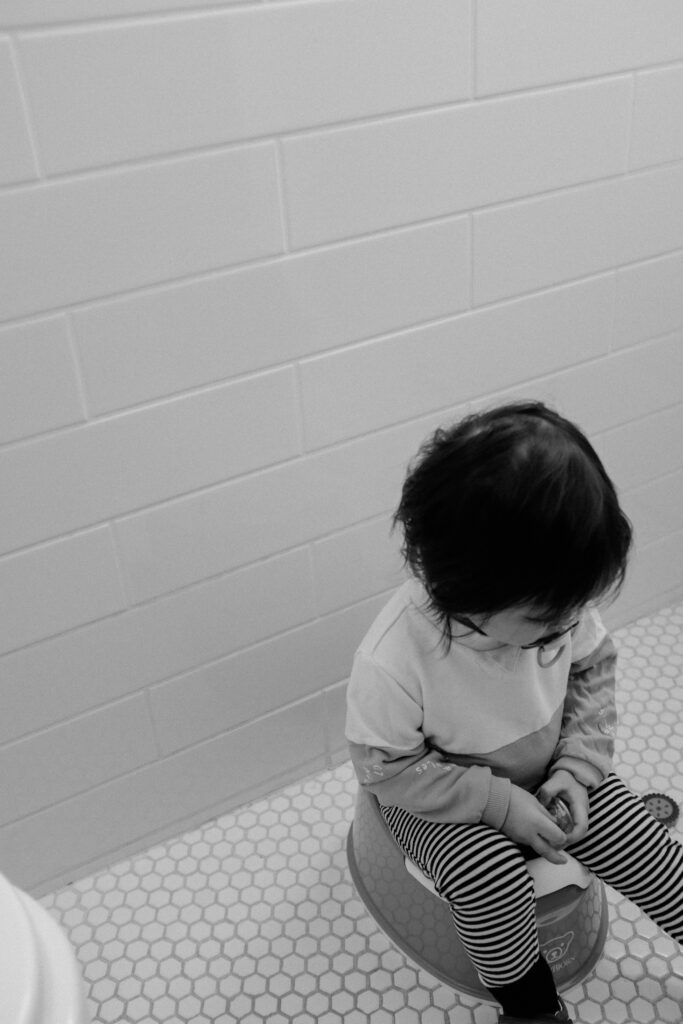
5. Ditch the Pressure
Avoid bribes, punishments, or frustration. Toddlers are sensitive to pressure, and resistance usually means they don’t feel safe or ready.
Instead of saying, “You have to go now,” try:
- “Would you like to sit on the potty together for a minute?”
- “Let’s try, even if nothing comes out. That’s still okay!”
Trust that readiness blooms in its own time.
6. Let Accidents Be Learning Moments
Accidents are not failures. They’re part of the process. React with kindness:
- “Oops! That’s okay. Next time we’ll try the potty again.”
- “Let’s clean up together.”
Avoid shame or scolding. The goal is for your child to feel safe, not scared.
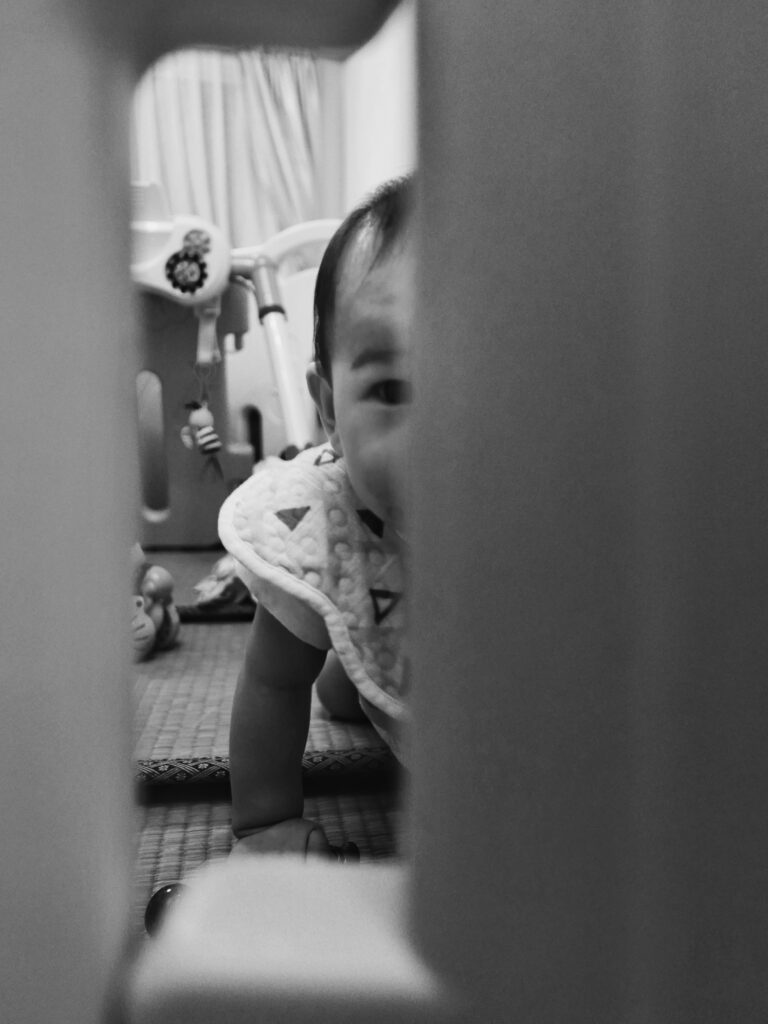
7. Celebrate Progress, Not Perfection
Clapping, smiles, and encouragement go a long way. Focus on effort rather than success. Say:
- “You listened to your body!”
- “You sat on the potty all by yourself!”
Avoid reward charts unless they feel genuinely encouraging and not like pressure.
8. Be Ready to Pause if Needed
Sometimes, even when it seems like the right time, your child may show signs of resistance or stress. Regression is common during:
- Life changes (new sibling, move)
- Illness or teething
- Big emotional shifts
It’s okay to take a break. Go back to diapers if needed, and try again later. Your child’s emotional readiness matters most.
9. Make It Part of Daily Life
Potty training works best when it’s integrated, not isolated. Let your child choose their potty seat or underwear. Let them help clean up. Let them flush.
When it becomes routine, it becomes less scary—and more empowering.
10. Stay Present and Encouraging
The biggest potty training tool you have is your presence. When your child sees you calm, available, and supportive, they feel safe to try.
Put away distractions. Sit with them. Celebrate the small steps.
Potty training isn’t about rushing your child into independence. It’s about guiding them through one of their first big milestones with love, patience, and gentle encouragement.
🌈 Final Thoughts: Start Today, With Love
Starting potty training today doesn’t mean having it all figured out. It means listening, observing, and responding to your child’s cues with confidence and care. Whether they master it in a week or take a few months, what matters is the connection you build along the way.
This is not a race. This is a moment of growth—for them, and for you.
💾 Save & Share
📌 Like this post? Pin it to your Gentle Parenting board on Pinterest!
💬 How did your potty training journey go? Share your tips or story in the comments!
